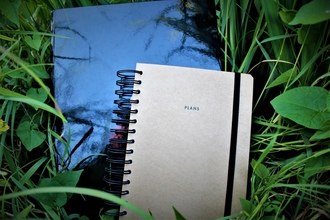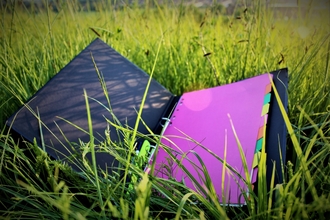Why does my group need a bank account?
You’ll need a bank account if your group’s applying for grants. You’ll also need one if you collect donations or fees and use that money to buy things for your project. Don’t be tempted to use a personal account! It gets very messy very quickly.
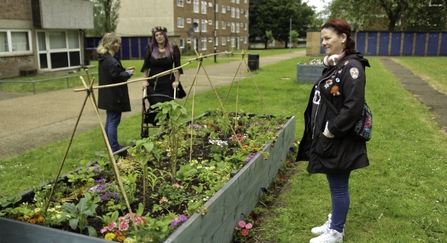

Image credit Abbey Wilkinson 2023
A bank account can take some weeks to open. If you can’t wait that long, or you can’t open an account, you can use a service called Accountable which is run by The Social Change Nest CIC here. This takes about 5 days and will cost you £42 to set up.
Most traditional banks offer “community” accounts for non-profit groups. Some of them expect you to be a registered charity but many don’t, so do shop around. You’ll need to look under the “business” section of their websites, however.
What to consider
- Look for an account without fees.
- Check you meet the “eligibility criteria” which means can you do everything they ask for? This might be things like a minimum deposit, for example.
- Do you want to manage things online? Is there a good app?
- Do you need to take card payments from people? Is it easy to set up?
- Will you use cash and/or cheques? How easy is it to get to a branch to pay cash or cheques in?
- Are there useful features like free accounting software?
People who need to be involved
A “signatory” means someone who is named as being able to sign cheques for the account. Most accounts will need two signatories to give approval for transactions. This stops one person having all the power. It’s a good idea to have three people named as signatories, so that if one person is away, you still have two people left to give approval. Usually, one of these people will be your group’s treasurer.
Paperwork you need
Although more banks are moving to online applications, many still need you to go into a branch. Every bank has different demands for paperwork, but you’ll usually have to take:
- The signatories’ proof of identity
- The signatories’ proof of address (the bank should have a list of what’s acceptable)
- Your group’s written constitution
- Completed application form If you’re a registered charity, take the registration document or trust deed. If you’re a limited company, you’ll need your Memorandum and Articles of Association.
Useful links to banks
CAF – Charities Aid Foundation (minimum deposit is £1000)
Unity Trust Bank (minimum deposit is £500)
Royal Bank of Scotland (to get free banking, one of the signatories must be a RBS customer)
Virgin Money (no minimum deposit but you can only make 10 transactions a month)
Santander (they call it a Treasurer’s Current Account)
Barclays (new community groups get 12 months of free banking – scroll down)
Co-operative Bank (only for registered charities, CICs and co-operatives)
Lloyds Bank (they call it a Treasurer’s Account)
Bank of Scotland (also called a Treasurer’s Account; can be registered charity or not)
HSBC (you don’t have to be a charity but do read their small print carefully)
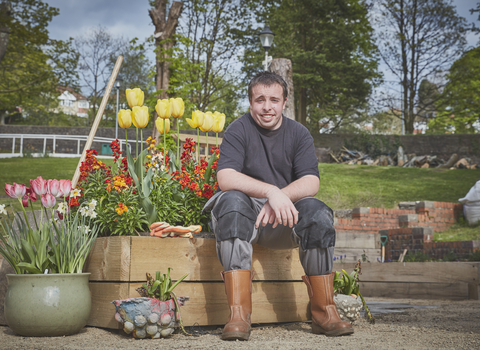

The Wildlife Trusts
Have you been part of a community nature project?
We'd love to hear from you! Your experiences will be shared right here on the Community Hub and will inspire others to take action in their own neighbourhoods.
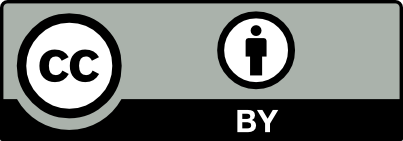

CC by 4.0 attribution
Except where noted and excluding images, company and organisation logos, this work is shared under a Creative Commons Attribution 4.0 (CC BY 4.0) Licence.
Please attribute as: “Nextdoor Nature (2022-2024) by The Wildlife Trusts funded by The National Lottery Heritage Fund, licensed under CC BY 40”


